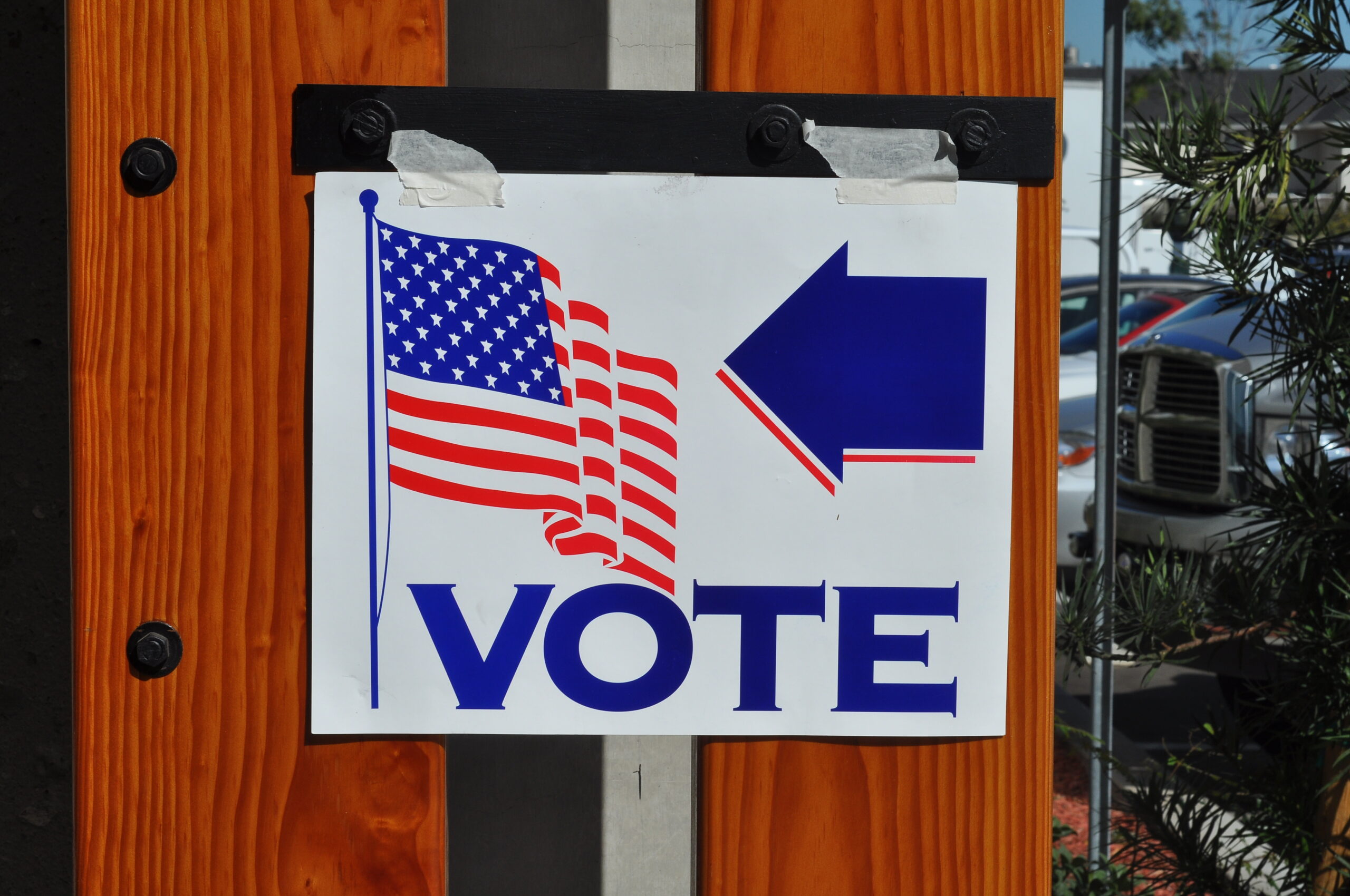A bipartisan bill that would create new procedures to fill a vacant congressional position in New Mexico — perhaps soon enough to apply to the seat now held by Democratic U.S. Rep. Deb Haaland — cleared its first committee Monday.
The Senate Rules Committee, on a 6-5 vote, advanced Senate Bill 254, sponsored by Rep. Daymon Ely, D-Corrales, and Sen. Mark Moores, R-Albuquerque. The measure would add a special primary election and special general election to fill a congressional vacancy.
Under existing state law, the New Mexico secretary of state calls for a special election after a vacancy occurs, and then each major political party’s central committee nominates a candidate.
The bill was born out of the possible vacancy that would be created in the 1st Congressional District if the U.S. Senate confirms Haaland to serve as President Joe Biden’s interior secretary.
“The day I found out that she was being nominated for secretary of interior, I looked up the law to see what happened next because I was curious,” Ely said in an interview after the vote. “I remember calling my wife, and I go, ‘You will not believe this, but there’s no primary election. It goes right to the state central committees of both parties.’ My wife said, ‘Well, that ain’t right.’ And I go, ‘No, it’s not.’ “
SB 254 includes an emergency clause, which means the changes would be enacted as soon as it is signed into law.
Secretary of State Maggie Toulouse Oliver told the committee she supported the concept.
“I remember 20 years ago, we went through this process with a couple of congressional vacancies,” said Toulouse Oliver, a Democrat. “I was on the state central committee back then and participated in that process, and I always thought it was kind of weird that so few people were weighing in to make a decision, a momentous decision, such as who to nominate to a special or general election ballot for Congress.”
Still, Toulouse Oliver raised concerns about the potential costs of a special primary election and said the emergency clause was a “major concern.”
“I think we are already too far out of the gate getting ready for this election,” she said. “This is going to be really difficult to do right now.”
But Ely and Moores said failing to change state election law would disenfranchise some 133,000 voters, which is the number of people who voted in the last congressional primary.
“We just wanted to have a little more democracy in this process by having a primary instead of central committees … picking a political insider for this job,” said Moores, who serves on the Republican Central Committee.
In a statement issued after the vote, Moores said voters, not the political parties, should determine who advances in any election.
“This bill gives power to the electorate to choose their candidates and requires candidates to demonstrate voter support versus mere party support,” he was quoted as saying.
Sen. Bill O’Neill, D-Albuquerque, acknowledged the changes would be complicated and cost money. But he said bigger factors outweighed those concerns.
“Yes, it’ll be a hassle. It’ll mean a delay. But this is a congressional seat, and people need to feel engaged in our voting process,” he said.
Ely agreed, saying the bill sought to “reinstate the ability of people to vote.”
“At what point does it become too expensive and too complicated that we just throw up our hands and say, ‘You know what? Let’s just disenfranchise a bunch of voters?’ So, what we’re really trying to do in this bill is to restore the democratic process,” he said.
Toulouse Oliver noted a special election may not be necessary, though Haaland’s appointment — which would make her the first Native American Cabinet secretary — is considered likely.
“The vacancy doesn’t exist yet,” Toulouse Oliver said.
Interest in the seat has already been high. At least six Republicans and six Democrats, including three state representatives and one state senator, have expressed interest in seeking the nomination if the seat becomes vacant.
While Haaland is still in office, many of the hopefuls have already labeled themselves candidates.
This article was originally published on Bill on filling vacant congressional seat advances in narrow vote






Be First to Comment